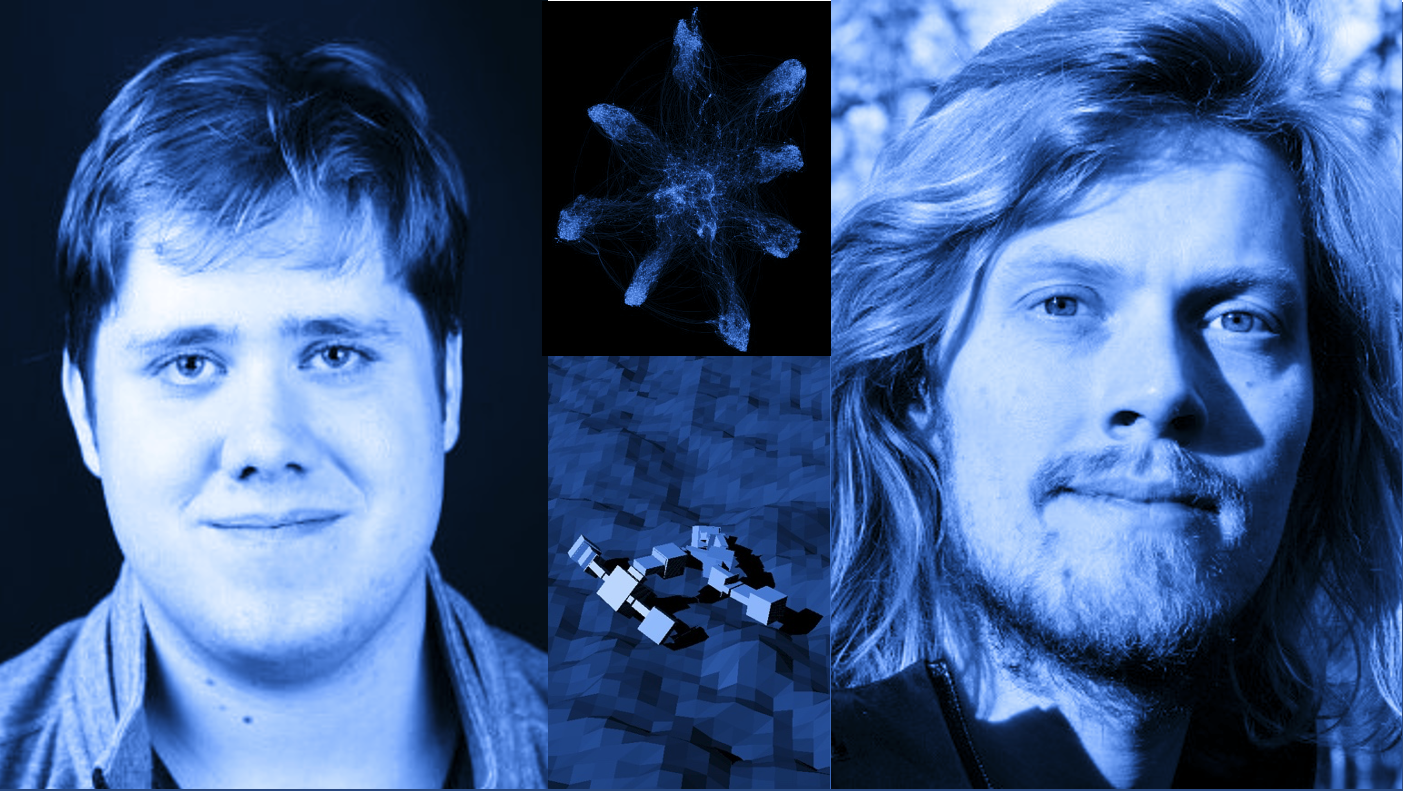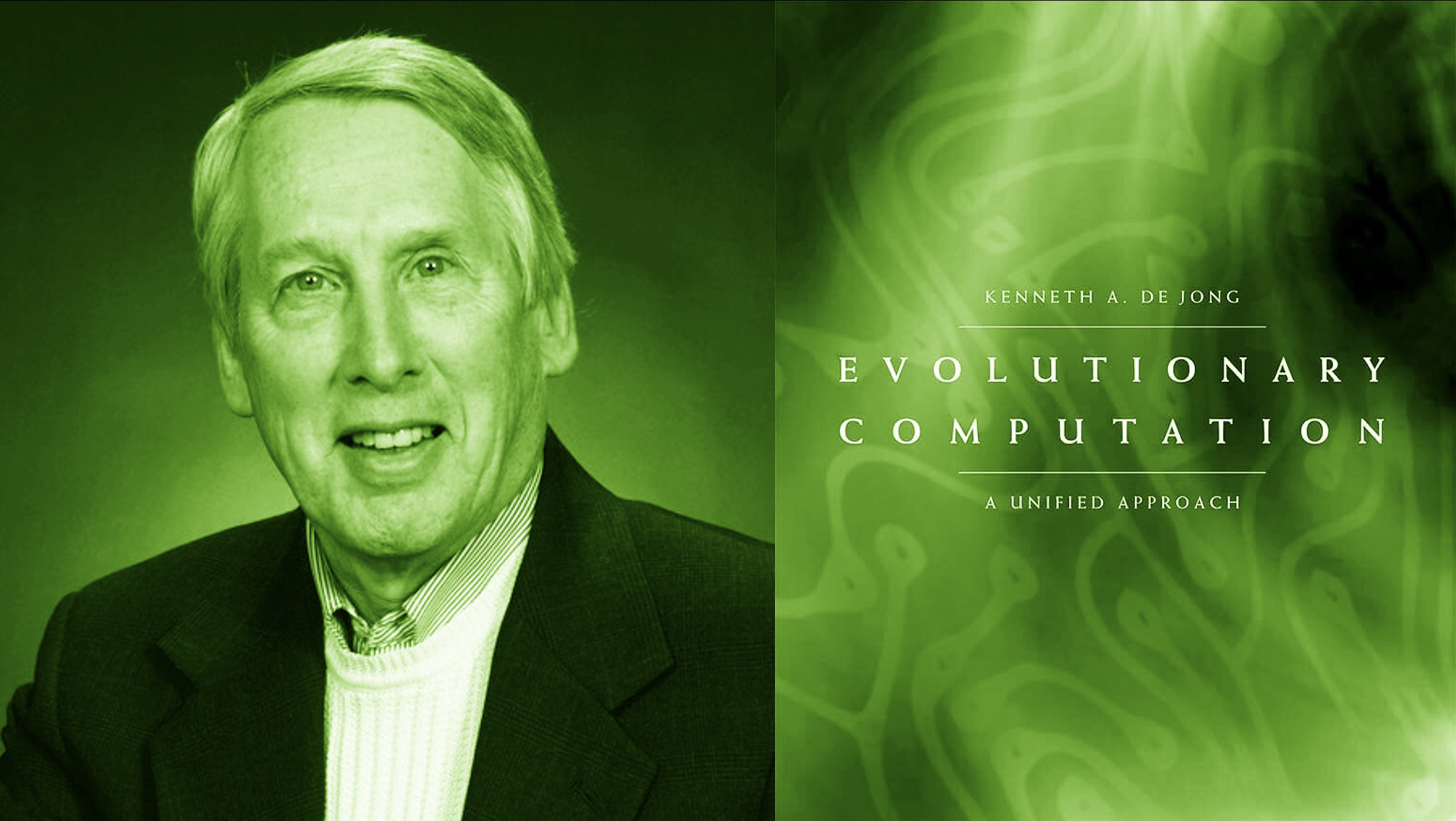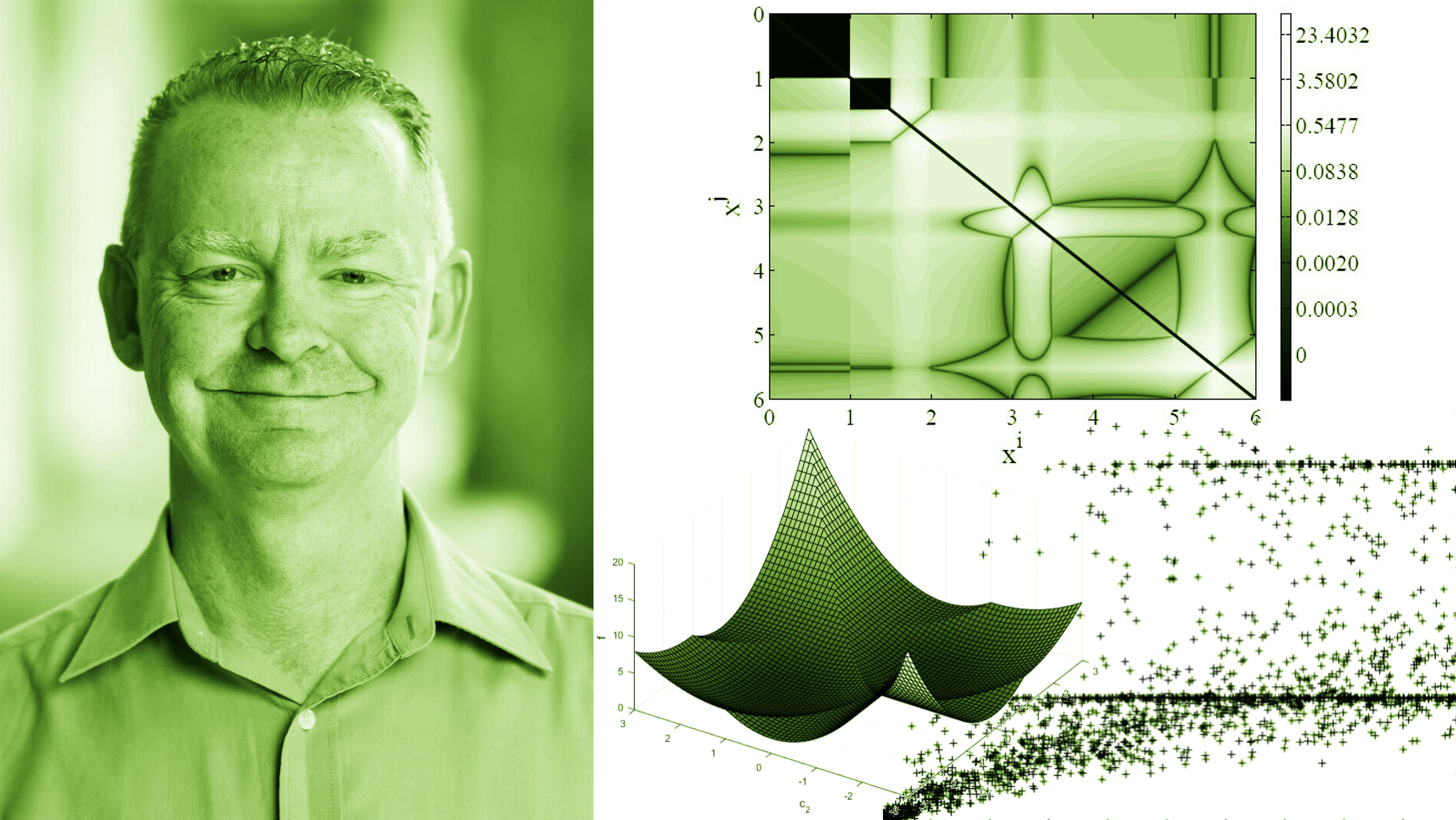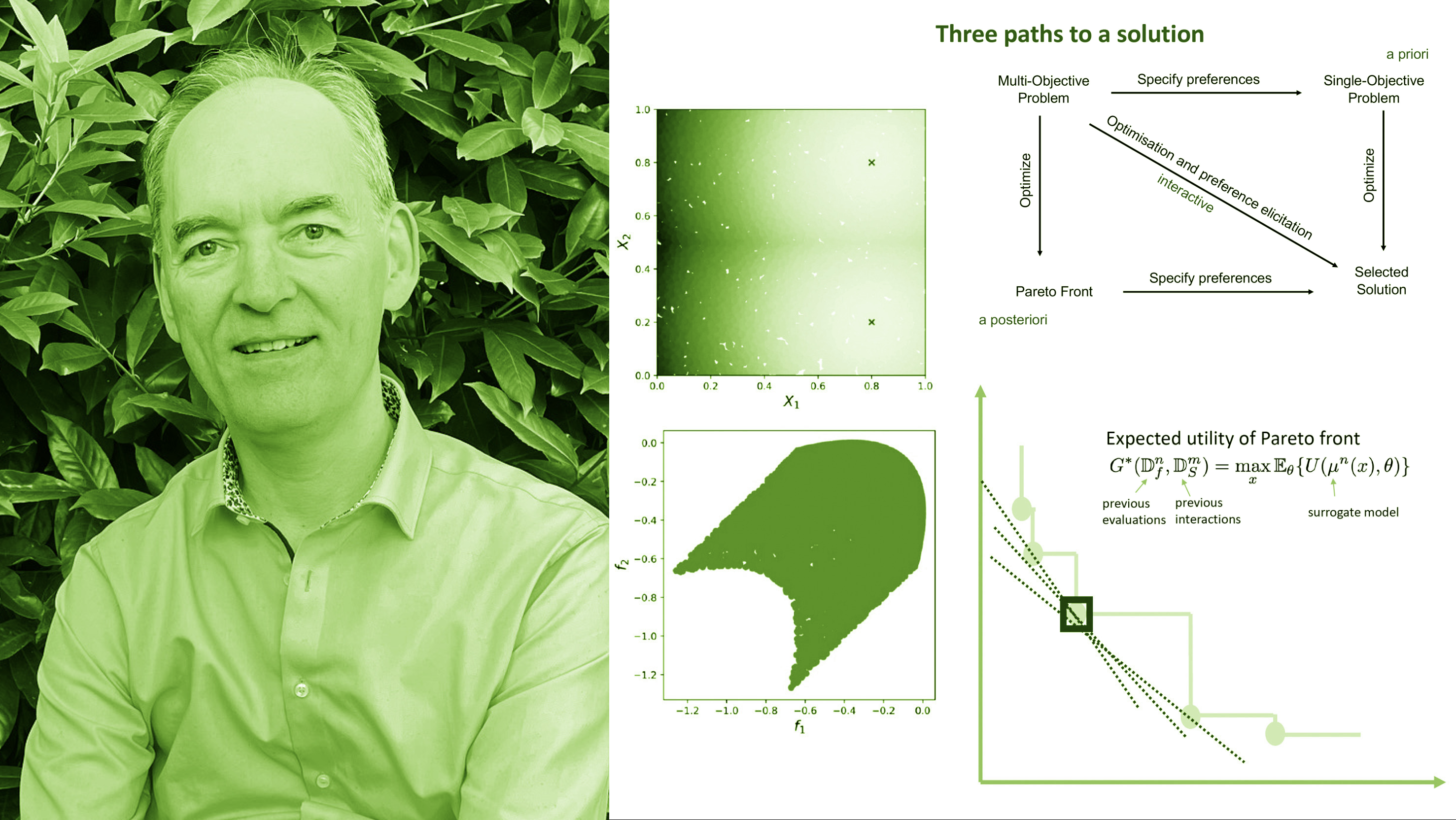The eight lecture takes place on the 14th of December 2022 at 4:30 PM (CET), virtually.
The zoom link to attend the lecture is: https://universiteitleiden.zoom.us/j/67168511750?pwd=QTlIMUQzSzB2bEdqak5FcU1rTGg0dz09
The lecture features Ph.D. candidates Arthur Guijt and Aart Stuurman.
Talk 1: Multi-structured Problems, Linkage Kernels, and the Gene-pool Optimal Mixing Evolutionary Algorithm (GOMEA)
Arthur Guijt, Centrum Wiskunde & Informatica
Most, if not all, real-world problems contain dependencies between its variables. When performing variation, accounting for these dependencies is important to obtain highly scalable search. Modern Model-based Evolutionary Algorithms perform Linkage Learning, learning a single model based on the entire population to recognize these dependencies such that they can automatically be accounted for. However, much like how a search space is not necessarily unimodal, the dependencies between variables need not be unimodal either. In the work “Solving Multi-Structured Problems by Introducing Linkage Kernels into GOMEA” we introduce Multi-Structured Problems. We show that on these problems cause single-model approaches to fail. In contrast, learning a linkage model over a local neighbourhood for each solution (‘Linkage Kernel’) allows these problems to still be solved in a scalable manner.
Talk 2: Evolving robots with the Revolve framework
Aart Stuurman, Vrije Universiteit Amsterdam
Evolutionary robotics is one of the main fields we specialize in at the Computational Intelligence Group at the Vrije University Amsterdam. Over the past decade, we have been developing a versatile research platform, Revolve (Robot Evolution), to support our research. Revolve is concerned with the evaluation of robots, both in simulation and real life, as well as a variety of software modules related to optimization, evolutionary algorithms, and the representation of robot morphologies and controllers. In this talk, I will provide an introduction to Revolve, and show how it helps our research in evolutionary robotics by discussing some of our experiments. Furthermore, I aim to provide insights in the development process of such academic software by reflecting on my experience as a scientific software developer.
 JoLEA
JoLEA
